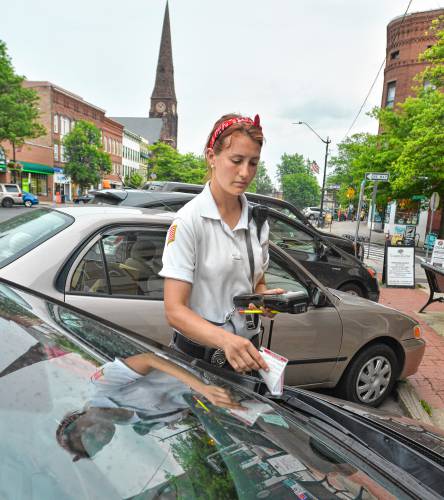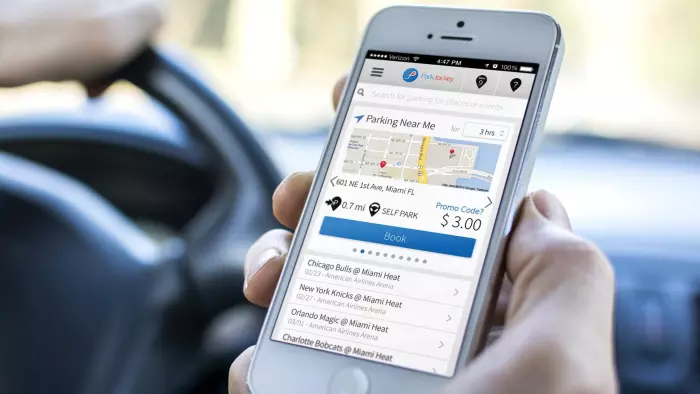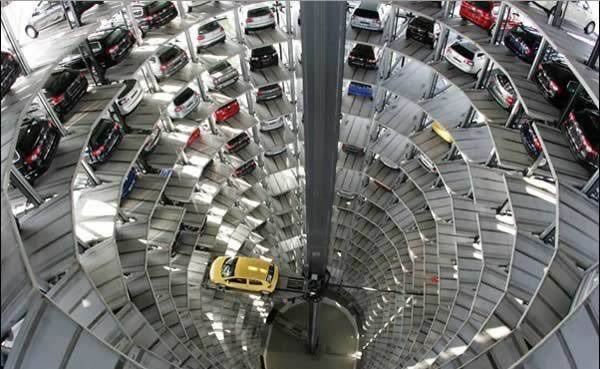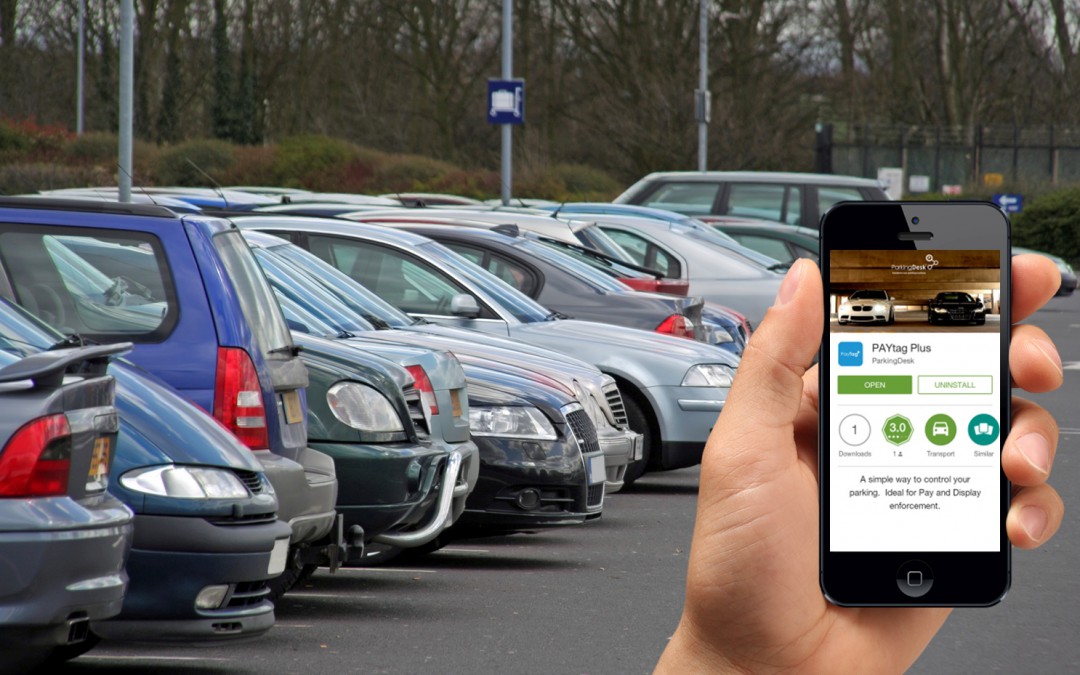Parking Enforcement Stops Unauthorized Parking
Unauthorized parking is an all too common situation that real estate operators want to avoid. Visitors shouldn’t have to circle to find an empty stall when there should be plenty of free spaces. It results in lost time, lost customers, and lost goodwill. A good parking enforcement program can solve this problem and pay for itself!
I’ve spent 20+ improving the efficiency and profitability of parking ops for real estate operators. The importance of controlling unauthorized parking cannot be overstated. It maximizes revenue per stall and keeps stalls accessible. Tagging is a very effective deterrent when controlling a parking area. Plus, using tagging for parking enforcement doesn’t have the expense of gated parking equipment. I have used city-issued tickets, but prefer the clear advantage of privately issued tickets which maximize revenue recovery.
Private Tagging Provides Results
My work developing the PayTag+ tagging app has shown significantly consistent results, regardless of which team carries out tagging. PayTag+ is a white label app. For this reason, a variety of parking managers, property operators, and security contractors use it.
Some observations from across the board:
- It is common for a tagging program to pay for itself after 25% compliance is reached.
- Properties can achieve up to 40% tagging payment before resorting to other enforcement and collections action.
- Most tag payments are completely automated and made online without customer interaction.
- More care and effort will result in a higher payment ratio. Take pictures and let repeat offenders know you are tracking them and escalate action for the few bad apples.
- A remarkably consistent 10% of payments are made by repeat offenders once they realize you are tracking them.
- Making it easy for tagged parkers to get in touch with you by phone or web form will improve compliance. Also, honest mistakes happen and a reversal can turn an offender into a grateful customer.
- Asset owners like the comfort level of monitoring operational performance by tracking a few simple data points such as tags issued per month, tagging revenue and total revenue per stall.
- Tagging will cause your regular parking revenue to increase, in addition to generating a new stream of tagging revenue.
Municipal vs. Private Tagging
Law enforcement officials issue city tickets. The city receives the fee when paid by the offender. A private parking ticket is a demand for parking fees payable to the business or institution where the violation occurred. Every jurisdiction regulates municipal ticketing fees differently. In Toronto, where I’m based, the city collects 100% of the fines issued on private property. None of it offsets enforcement costs incurred by the real estate operator. In Ottawa, the city splits fine revenue about 50/50 with the private sector. Some places allow private operators to directly impound without any police involvement. However, only privately issued tickets can directly improve your bottom line by recovering both forgone parking fees as well as parking enforcement costs.
How Does Private Tagging Work
Let’s take an example of a 100 stall pay parking lot with an automated meter that sells permits. If already actively managed, fee avoidance typically drops to 2%-3% of parkers using either private or city tagging. It is a good idea to benchmark your payment compliance if you are not sure.
Private tagging follows the same rules as official infractions in order to influence parker behaviour. Evading parking fees instead of buying a valid permit will cost someone a lot more. The higher penalty for fee evasion both increases customer compliance and pushes the cost of enforcement onto the actual 2%-3% that avoid paying by the rules.
In your quest to control and monetize your property, tagging is a great tool. It’s a low cost, low admin method for parking enforcement that pays for itself. It provides you with the data to measure whether there is a serious problem and lets you zero in on where to focus additional resources.





